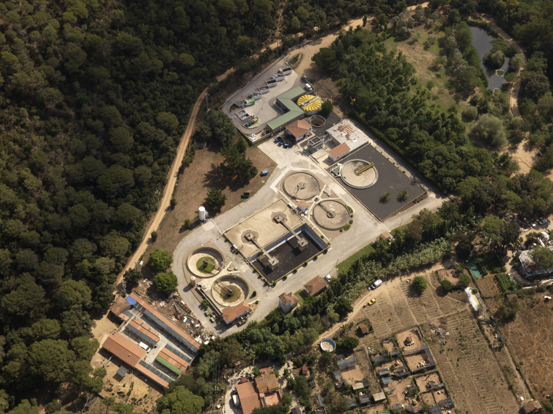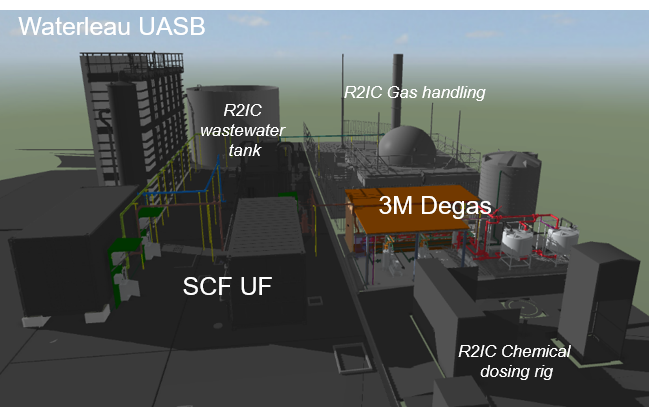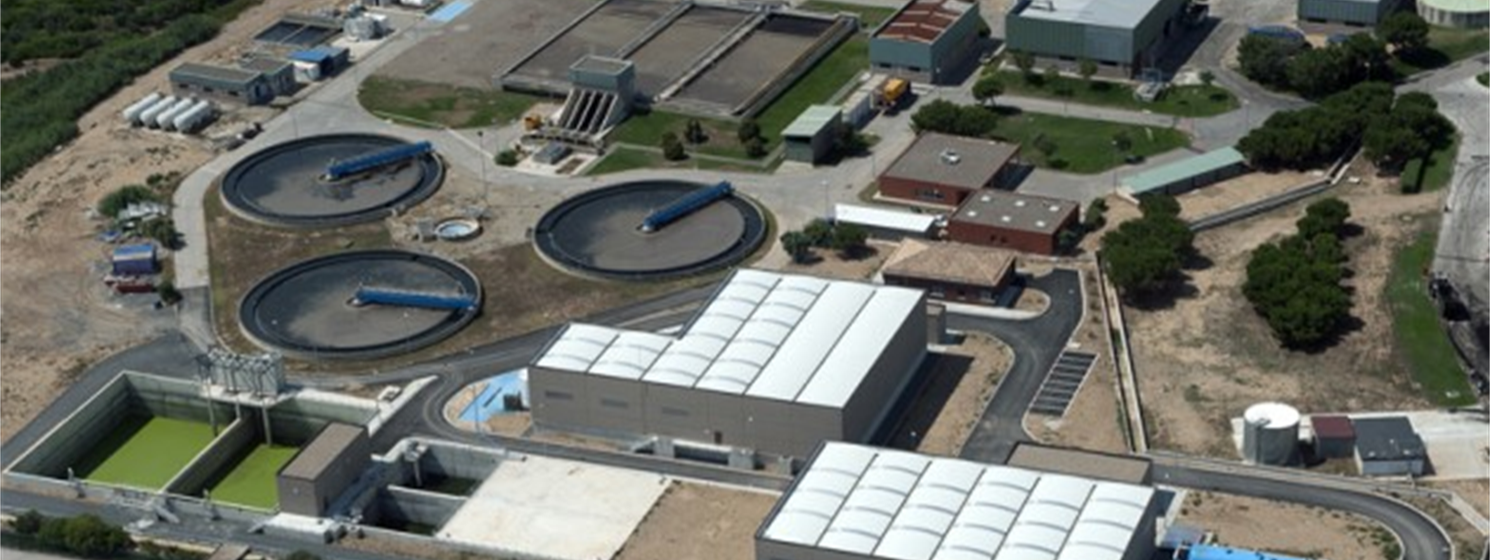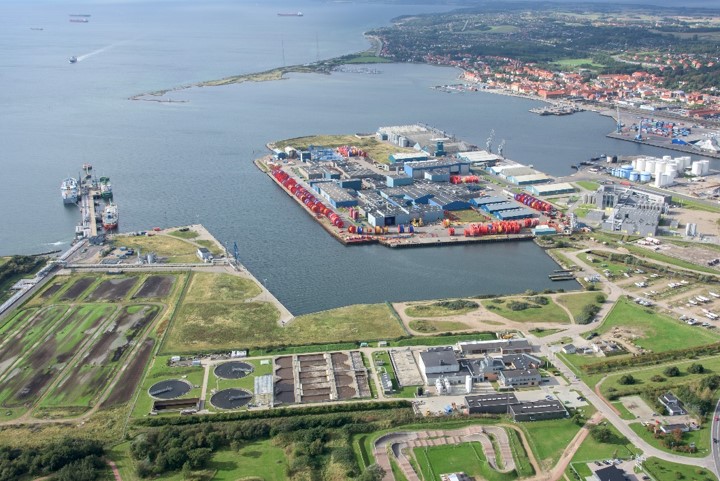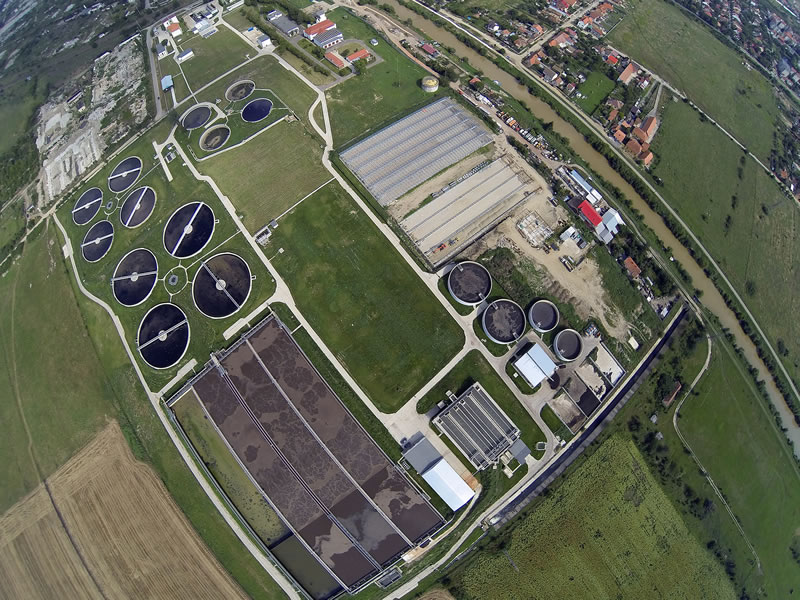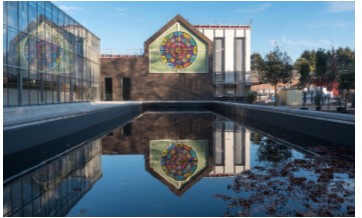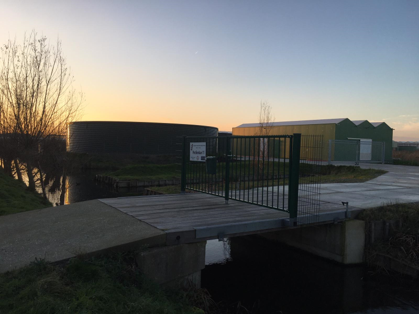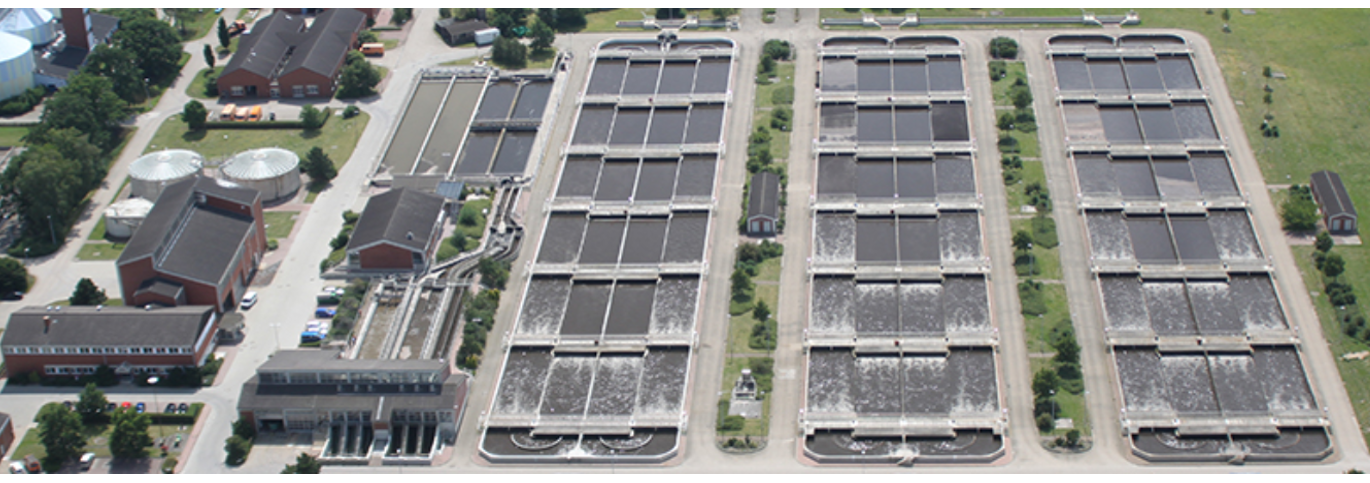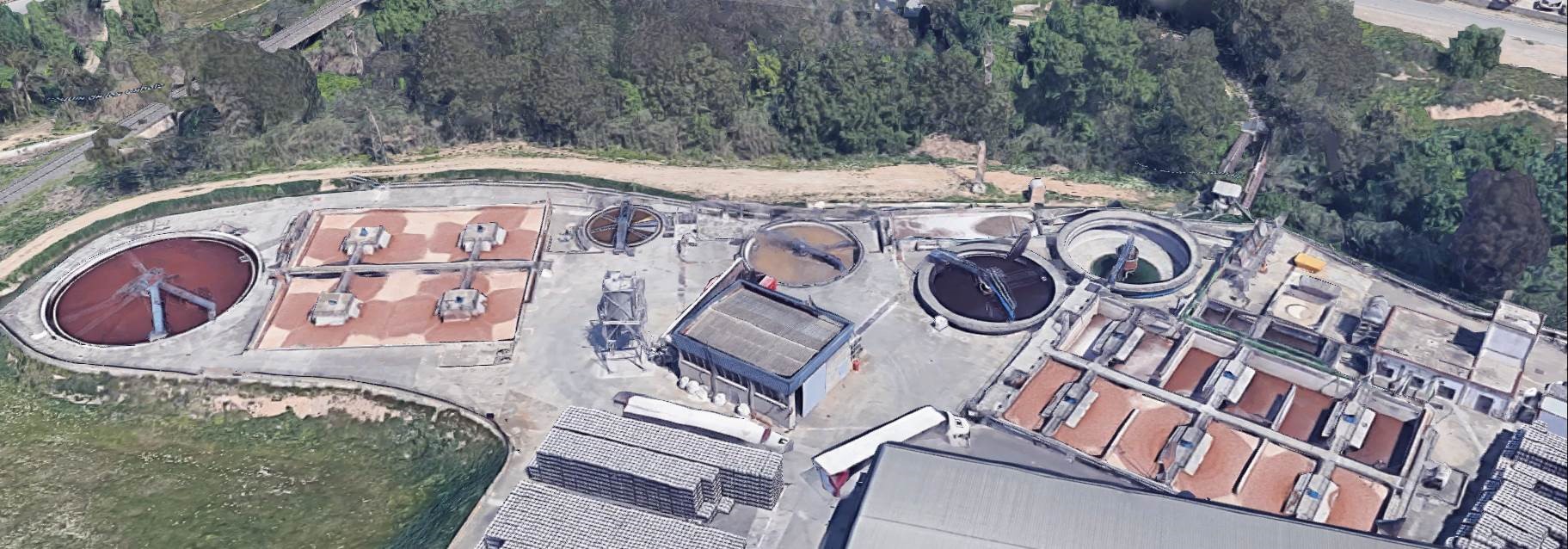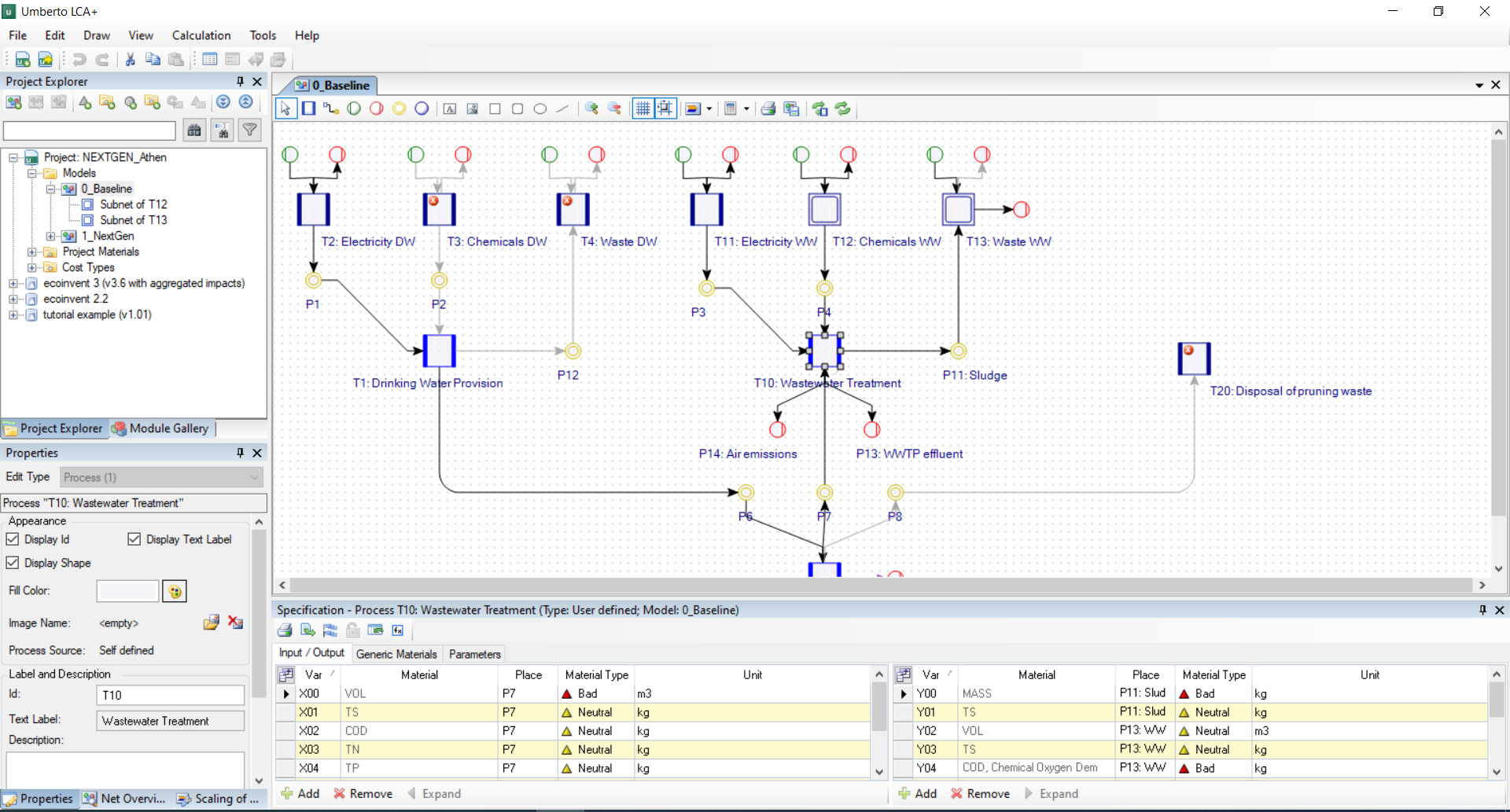
Description
Life Cycle Assessment is a standardized framework (ISO 14040) for assessing the potential environmental impacts of a product or service. It assesses the entire life cycle, i.e. including the core system and also all relevant upstream and downstream processes. This wide definition of system boundaries enables LCA to quantify environmental impacts of a technology with relation to its emissions on-site, but also its demand for electricity, chemicals, and materials, waste treatment, and potential credits for CE products. Based on a thorough data inventory, LCA calculates cumulative potential environmental impacts with scientifically derived LCA indicators (e.g. greenhouse gas emissions, resource depletion, water and air quality, toxicity). LCA is useful to identify hot-spots in the life-cycle in terms of emissions or resource use, and also illustrates potential trade-offs between environmental categories.
In the frame of circular economy, LCA can be used to explore the environmental benefits and potential drawbacks of CE schemes in comparison to conventional "linear" production systems or services. This approach provides valuable information for decision makers, but also process developers to promote and improve CE products and services based on a scientifically transparent assessment of environmental profiles.
KWB has a long track record in providing LCA-based information on a variety of CE technologies and concepts and can offer site-specific assessment of selected technologies and scenarios based on local boundary conditions. In NEXTGEN, LCA models have been developed for N and P recovery from sludge or centrate, water reuse with membranes or natural systems, and energy recovery via heat exchanger or biogas from sludge or anaerobic wastewater treatment. These LCA models have been validated with suppliers and local operators and reflect the current state-of-the art of CE technologies and their environmental impact.
Target audience
Owner of the product
Sign in to access this information.Actors, their roles and interactions
At start, KWB will develop suitable LCA definitions such as system boundaries, scope of the study, and CE scenarios together with the client. Process data for the existing plant will be collected, consolidated and amended with data for CE technologies and concepts based on KWB know-how. Input data, final results and conclusions will be discussed and validated with the client in a series of meetings and exchanges. The final product is a presentation of environmental benefits of CE and a full report on LCA method, data, and detailed results.
Unique selling points
Full Life Cycle Assessment of CE technologies for your plant with latest process data and state-of-the-art of emerging CE concepts
Science-based information on CO2e footprint, water quality, and other environmental benefits of CE
Identification of hot-spots and trade-offs to select most suitable CE scheme at your site
Technical requirements
Process data of the status quo of your plant (mass balances, energy and chemical demand, waste)
Your goals for CE implementation!
Software data
|
Umberto LCA+
(Last update: 2022-10-18) |
|
| 2019 | |
|
|
| Commercial | |
| KWB licence from supplier iPoint systems (DE) |
URL
https://www.kompetenzwasser.de/en/forschung/dienstleistungen/lcs-nachhaltige-klaerwerke
Technology applied by the product



